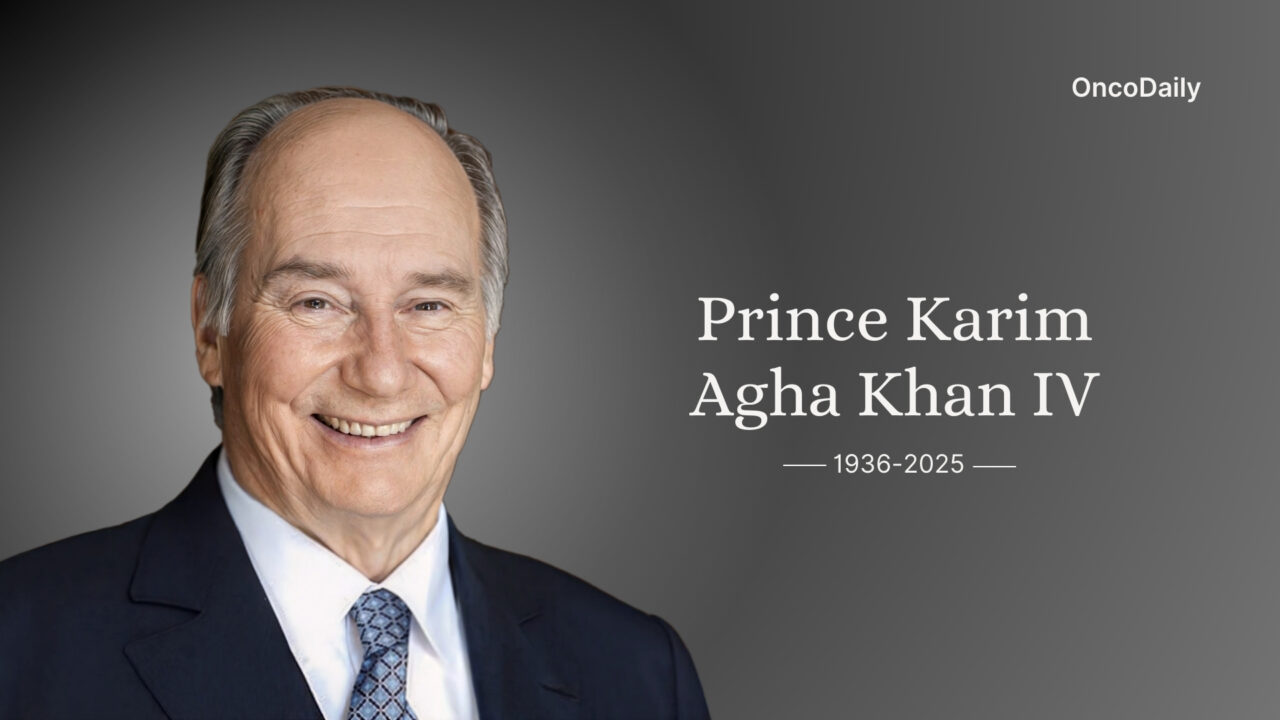
Honoring the Legacy of Prince Karim Aga Khan IV
Prince Karim Al-Hussaini, Aga Khan IV, the 49th hereditary Imam of the Shia Ismaili Muslims, passed away on February 4, 2025, at the age of 88.
Born in Geneva in 1936, he succeeded his grandfather as Imam in 1957 at the age of 20. Throughout his leadership, he championed global humanitarian efforts, particularly through the Aga Khan Development Network (AKDN), which focuses on education, healthcare, economic development, and cultural preservation across more than 30 countries.
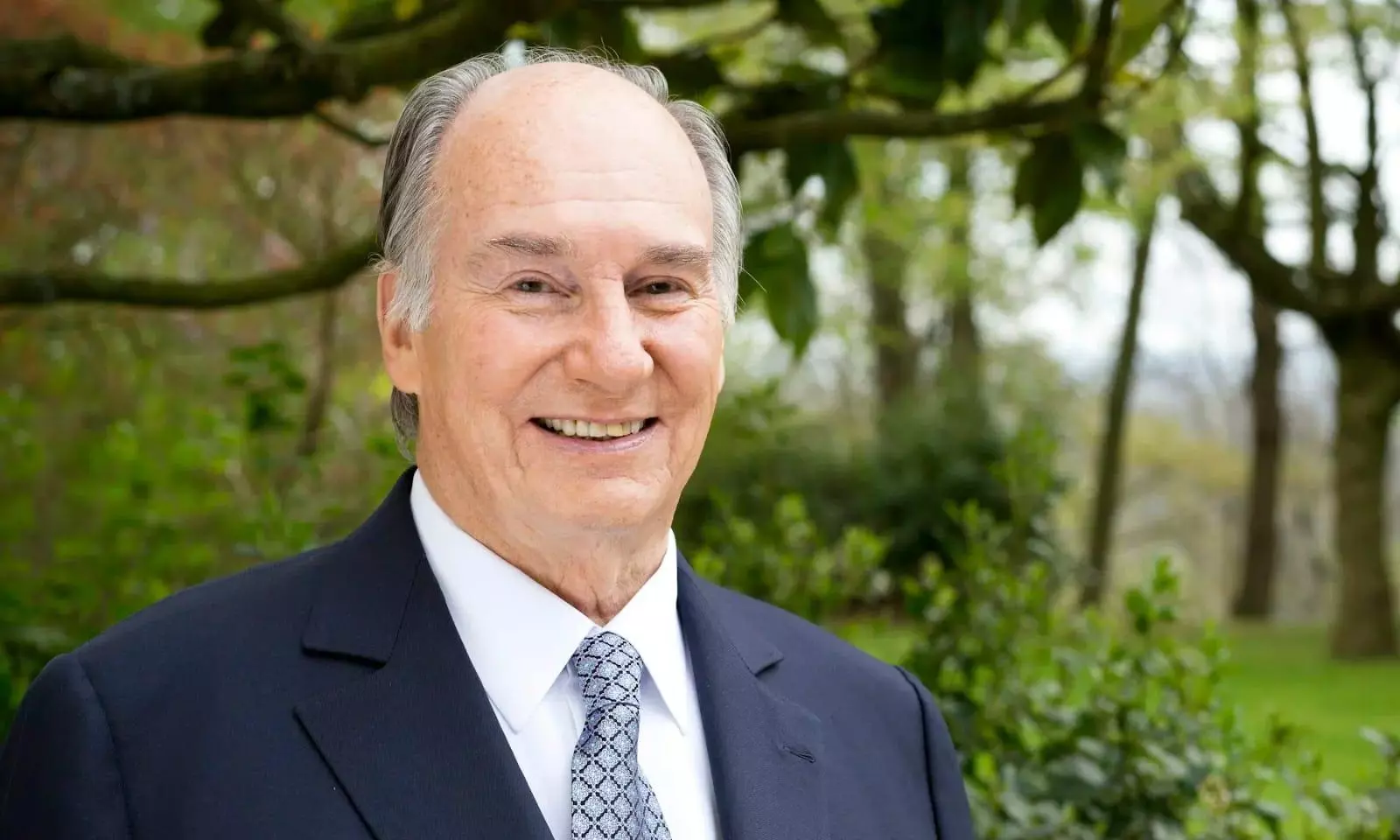
A Visionary Leader in Philanthropy
Aga Khan IV was deeply committed to improving quality of life worldwide. Under his leadership, AKDN has invested nearly $1 billion annually in initiatives aimed at reducing poverty, expanding education, and enhancing healthcare systems. His vision and dedication to development have left an enduring impact on communities across the globe.
“The question is not only ‘What have I achieved?’, the question is: ‘What have I helped others to achieve?’”- Aga Khan IV
Key Contributions to Healthcare
Establishing and Expanding the Aga Khan Health Services (AKHS)
- AKHS operates over 200 health facilities in East Africa, South Asia, and Central Asia, including hospitals, clinics, and community health centers.
- It provides high-quality, affordable healthcare to millions of people, regardless of background or income level.
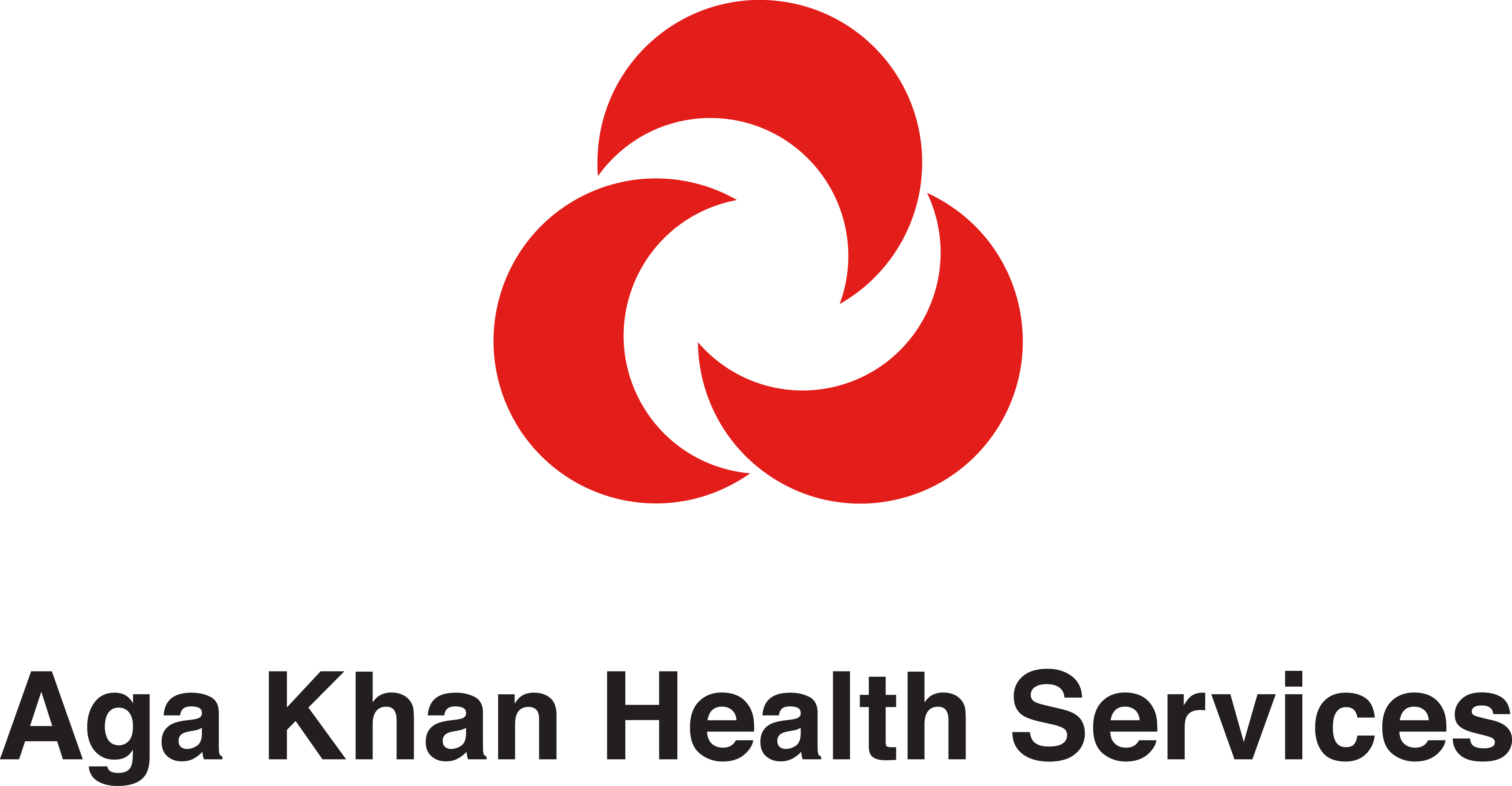
Founding the Aga Khan University (AKU) and Its Medical Programs
- Founded in 1983, AKU has become a leading institution for medical education, nursing, and healthcare research in low- and middle-income countries.
- It has medical schools, teaching hospitals, and nursing programs in Pakistan, Kenya, Tanzania, Uganda, and Afghanistan, training thousands of healthcare professionals.
- The university focuses on evidence-based medicine, public health, and innovation to address healthcare challenges.
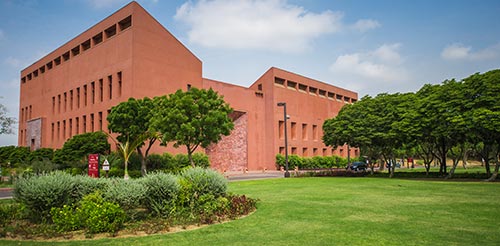
Building and Supporting Hospitals and Medical Centers
- The Aga Khan University Hospitals (AKUH) in Karachi and Nairobi are world-class teaching hospitals, offering advanced medical care and research.
- The Aga Khan Hospitals in Tanzania, Uganda, Kenya, Afghanistan, and Pakistan provide specialized care, including cancer treatment, cardiology, and maternal health services.
- These hospitals are JCI-accredited, ensuring international standards of healthcare quality and safety.
Improving Maternal and Child Health
- AKDN has led initiatives to reduce maternal and infant mortality rates in underserved communities.
- It has established midwifery and nursing schools, ensuring that skilled professionals are available to care for mothers and newborns.
- Community outreach programs provide prenatal care, immunization, and nutrition programs.
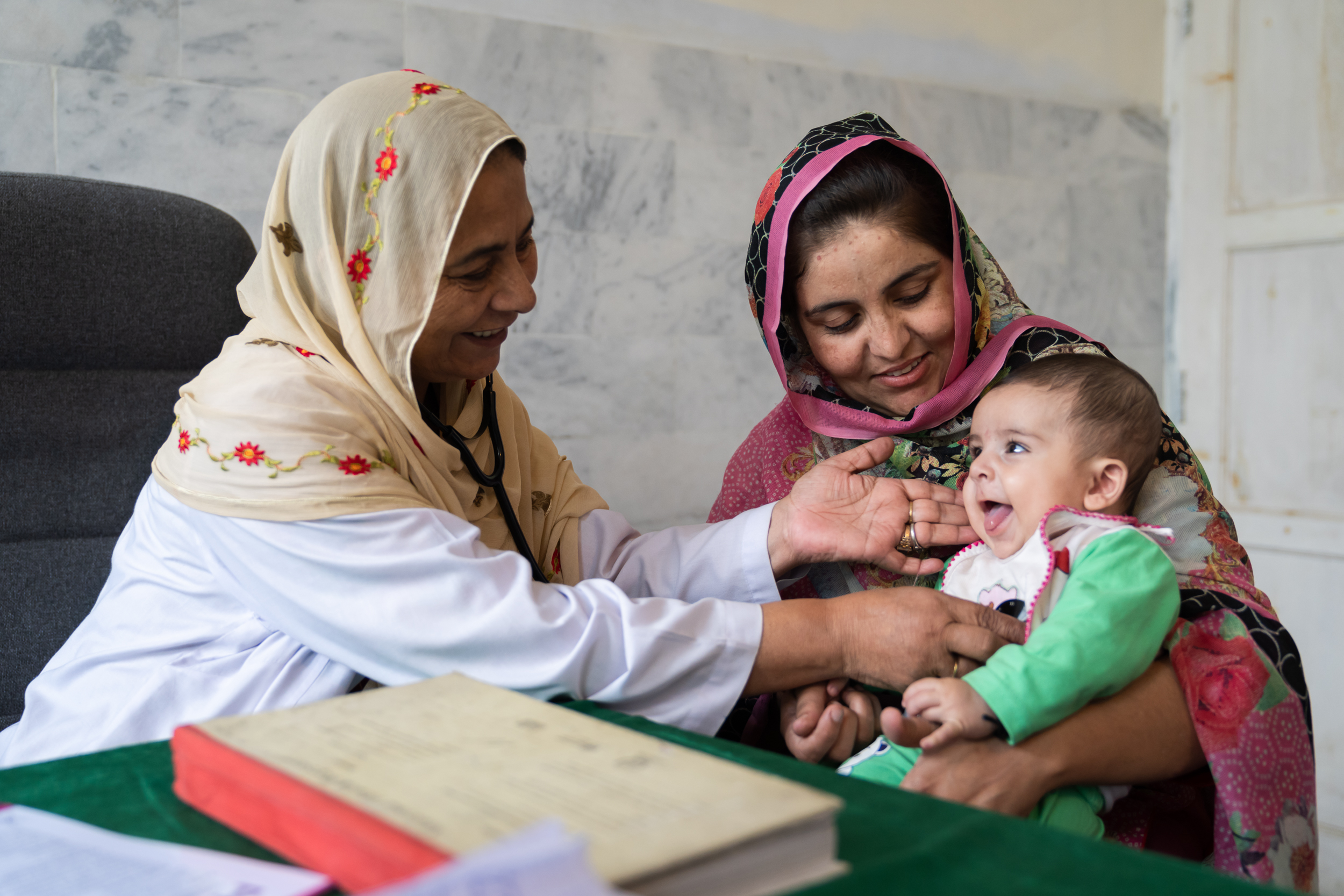
Strengthening Primary and Rural Healthcare
- Many of AKDN’s hospitals operate outreach and telemedicine programs to extend care to remote and rural populations.
- The organization has trained thousands of community health workers, empowering local populations with basic healthcare knowledge and services.
Advancing Public Health and Disease Prevention
- AKDN works on vaccination campaigns, infectious disease control, and epidemic preparedness in collaboration with governments and global health organizations.
- During the COVID-19 pandemic, Aga Khan IV mobilized AKDN resources to expand testing, treatment, and vaccine distribution in vulnerable regions.
Through hospitals, medical universities, and community health programs, Aga Khan IV’s leadership has improved healthcare accessibility, quality, and education for millions. His vision has left a profound impact on global health equity and sustainable healthcare development.
-
ESMO 2024 Congress
September 13-17, 2024
-
ASCO Annual Meeting
May 30 - June 4, 2024
-
Yvonne Award 2024
May 31, 2024
-
OncoThon 2024, Online
Feb. 15, 2024
-
Global Summit on War & Cancer 2023, Online
Dec. 14-16, 2023
